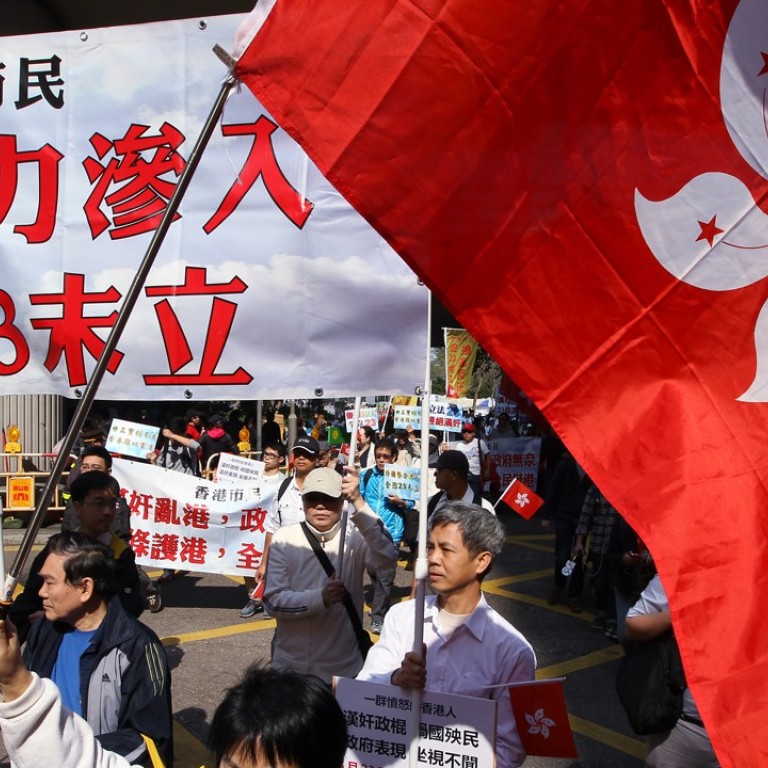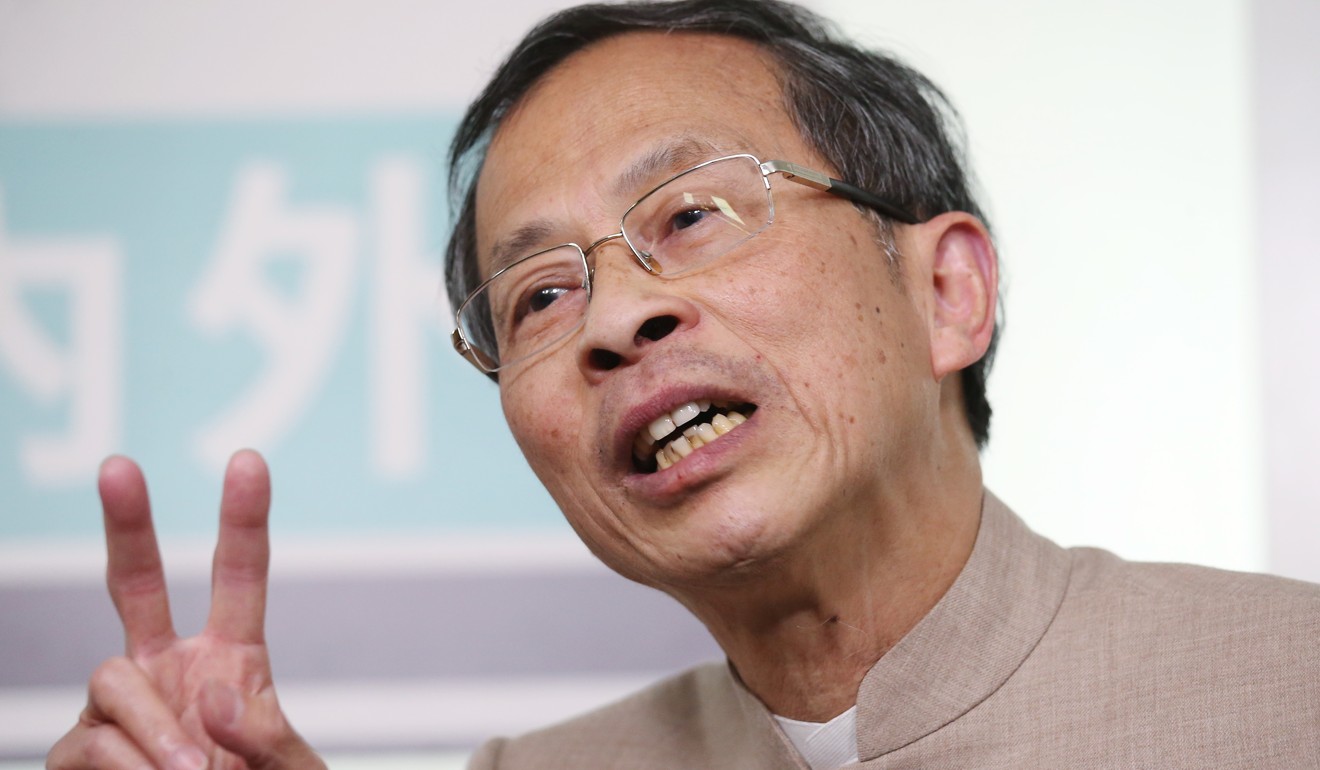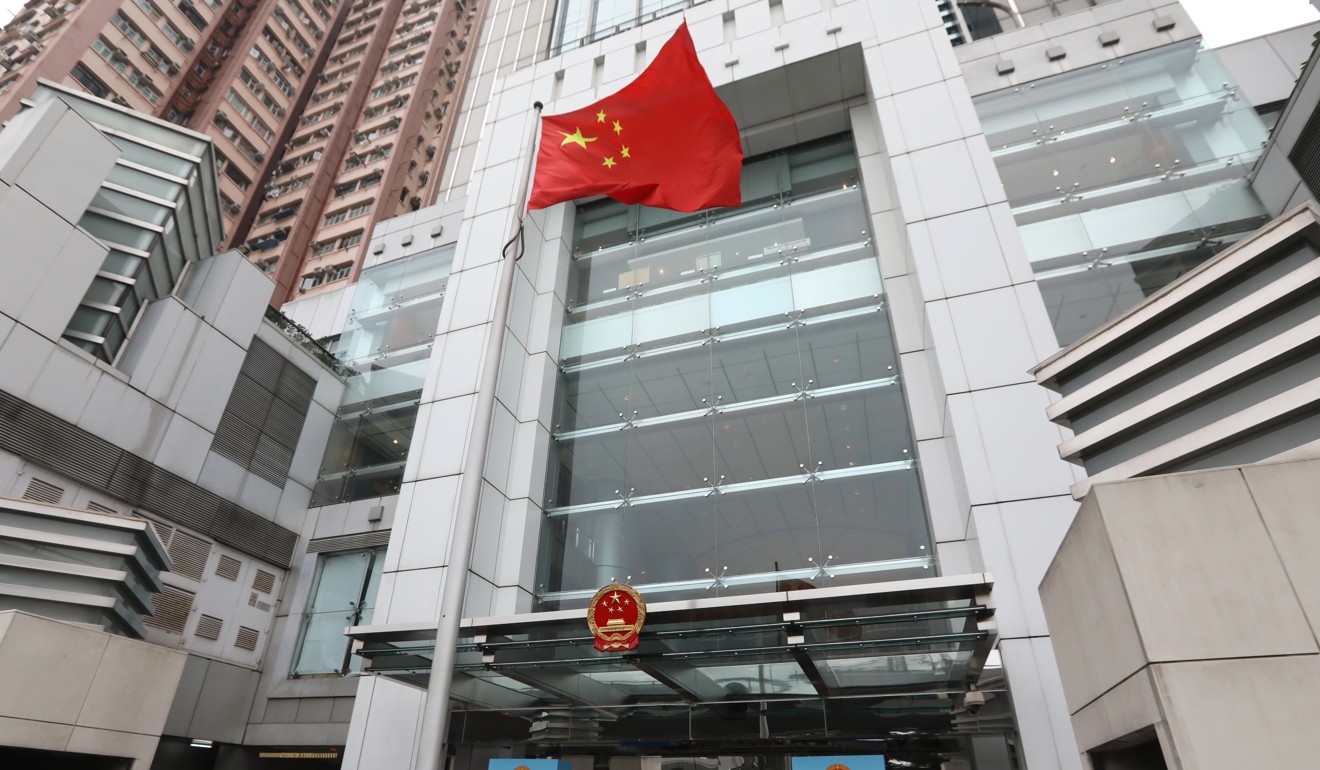
Political reform and national security law can be achieved ‘at the same time’, Hong Kong think tank claims
The Hong Kong Policy Research Institute wants to see a committee with members from all sections of society set up to oversee consultation on reform
A committee with members from all corners of Hong Kong society should be formed to propose a new round of political reforms, including the enactment of a national security law, a think tank led by a former Legislative Council president said on Sunday.
The Hong Kong Policy Research Institute, whose convenor is veteran pro-Beijing politician Jasper Tsang Yok-sing, believed tying both issues together and rolling out a public consultation would help both aims be achieved.
“The opposition camp always says it wants to see universal suffrage before considering a national security law, while Beijing apparently likes to see Hong Kong have a national security law first before any political reforms,” Tsang said.
“If we do both at the same time, we believe the concerns of both sides can be addressed at the same time.”

The proposals are from the organisation’s year-long review of “one country, two systems”, the model by which Beijing has governed Hong Kong since it returned to Chinese rule 21 years ago.
Hong Kong last launched a political reform bid in late 2013 to seek universal suffrage, among other things. But the country’s top legislative body instead imposed a more rigid framework that pan-democrats decried as not offering genuine universal suffrage. They opposed the package in the Legislative Council in 2015.
Maria Tam says Beijing did not intervene over Andy Chan speech
As for the national security law, an earlier attempt to enact it, as required under Article 23 of the Basic Law, the city’s mini-constitution, was shelved in 2003 after massive protests by Hongkongers.
The recent ruckus over a minor political party’s call for independence has renewed demands from Beijing loyalists for the law to be implemented but while the city’s leader Carrie Lam Cheng Yuet-ngor has reaffirmed the need for it, she says there is “no particular timetable” and the political climate will need to be favourable.
The think tank suggested setting up a widely-representative commission to oversee public consultation on both issues. It should comprise members from the government, the legal, business, labour, political, professional and academic sectors and civil society organisations and people “who are in constant and regular communication" with the central government and are familiar with the Basic Law.
An example would be Hong Kong members of the Basic Law Committee or local deputies to the National People’s Congress, the country's legislature.
“Having a larger-scale commission to process questions of principles could ensure that the consensus thus reached would have a broad support base,” the report said.

Chinese University political scientist Ivan Choy Chi-keung described Tsang’s proposals as “just wishful thinking”. “I don’t think the Beijing or Hong Kong governments are keen on relaunching political reforms at this moment,” Choy said.
The think tank also proposed amendments to the Basic Law, including adding a new article to define the role and functions of the central government liaison office in Hong Kong, upgrading the Executive Council to be a formal cabinet, and imposing the same requirements on government ministers and their undersecretaries, like nationality and having to be formally appointed by Beijing.

